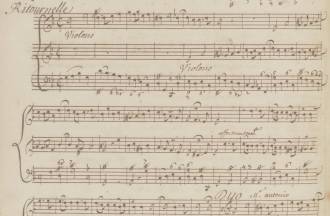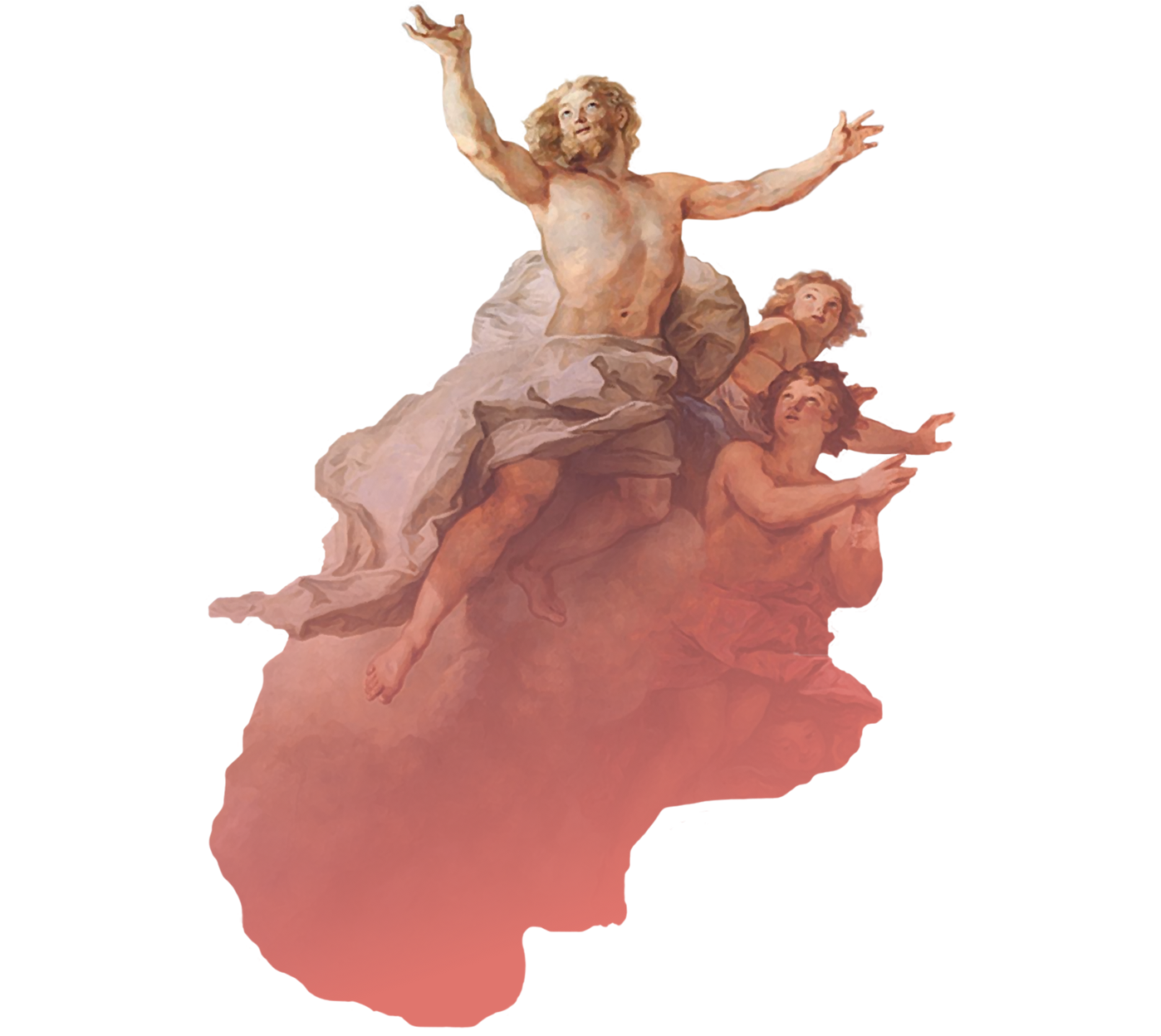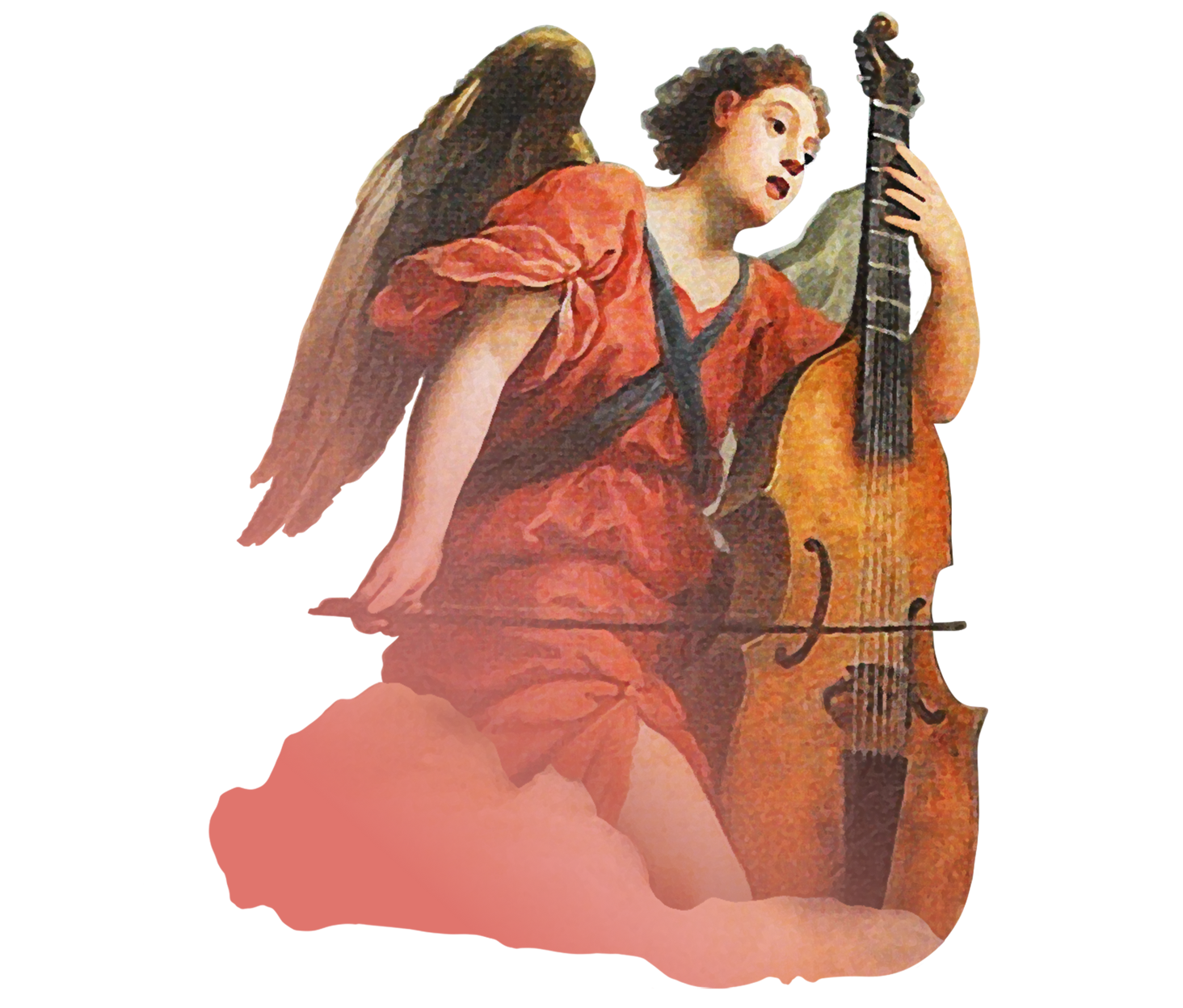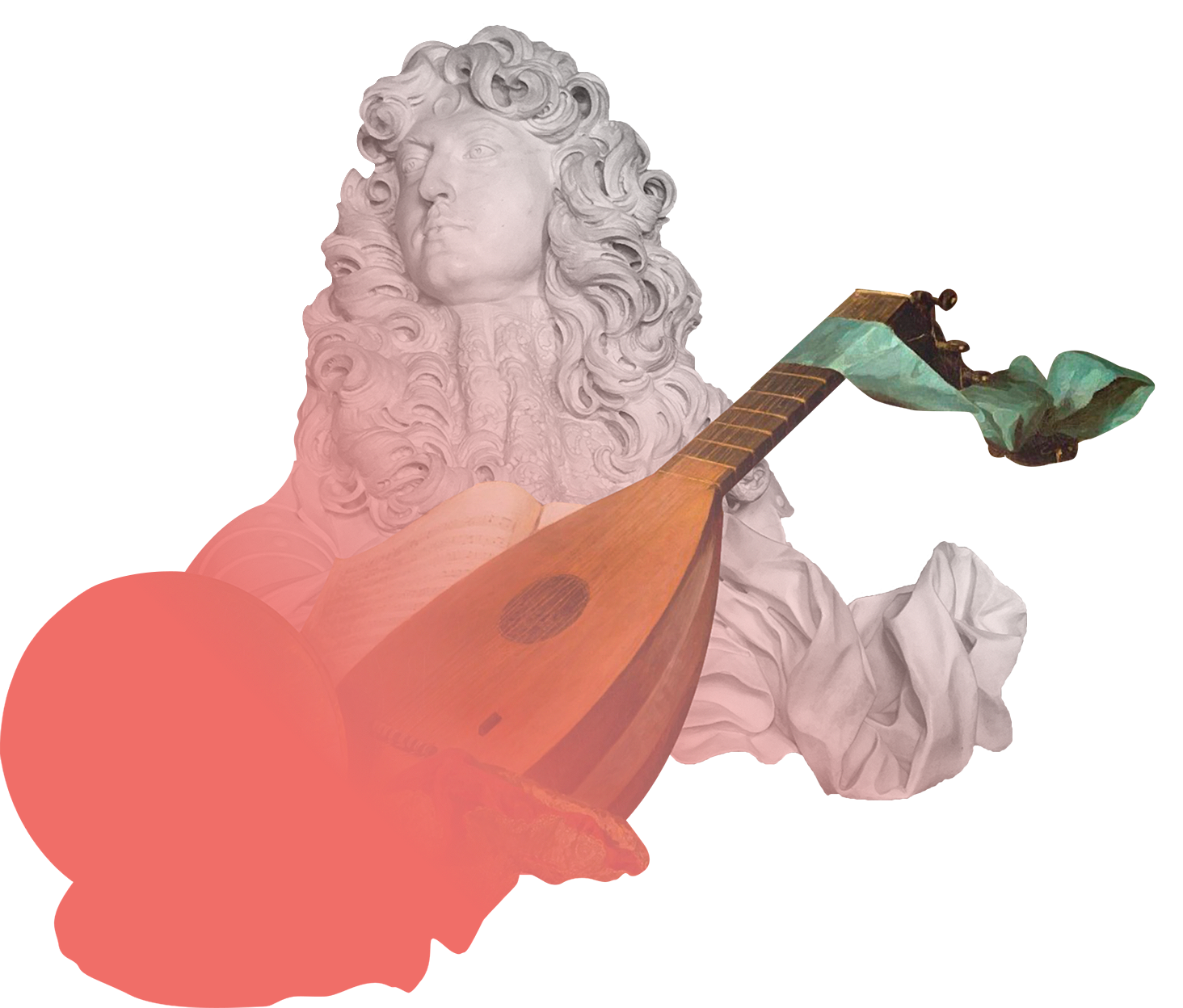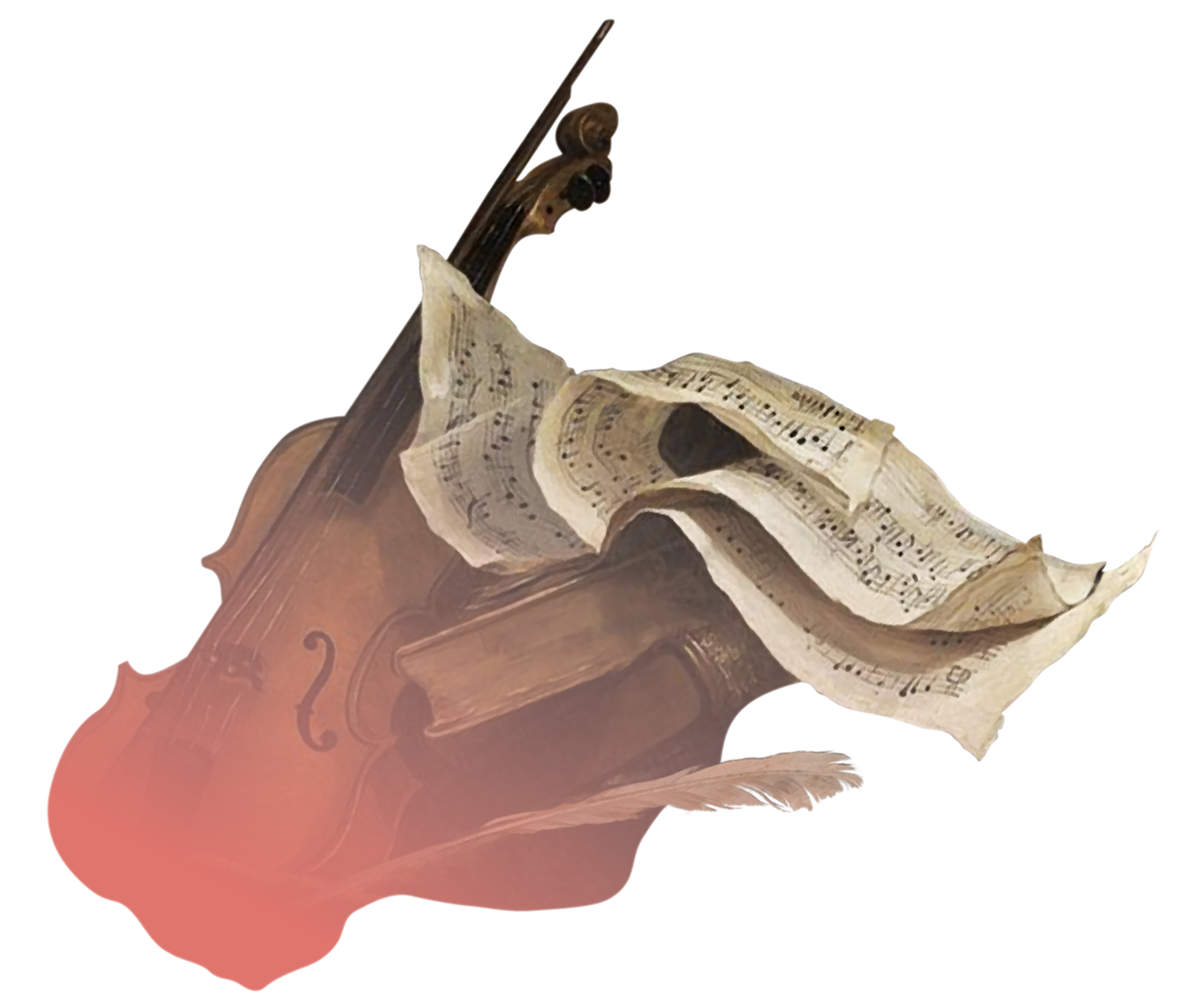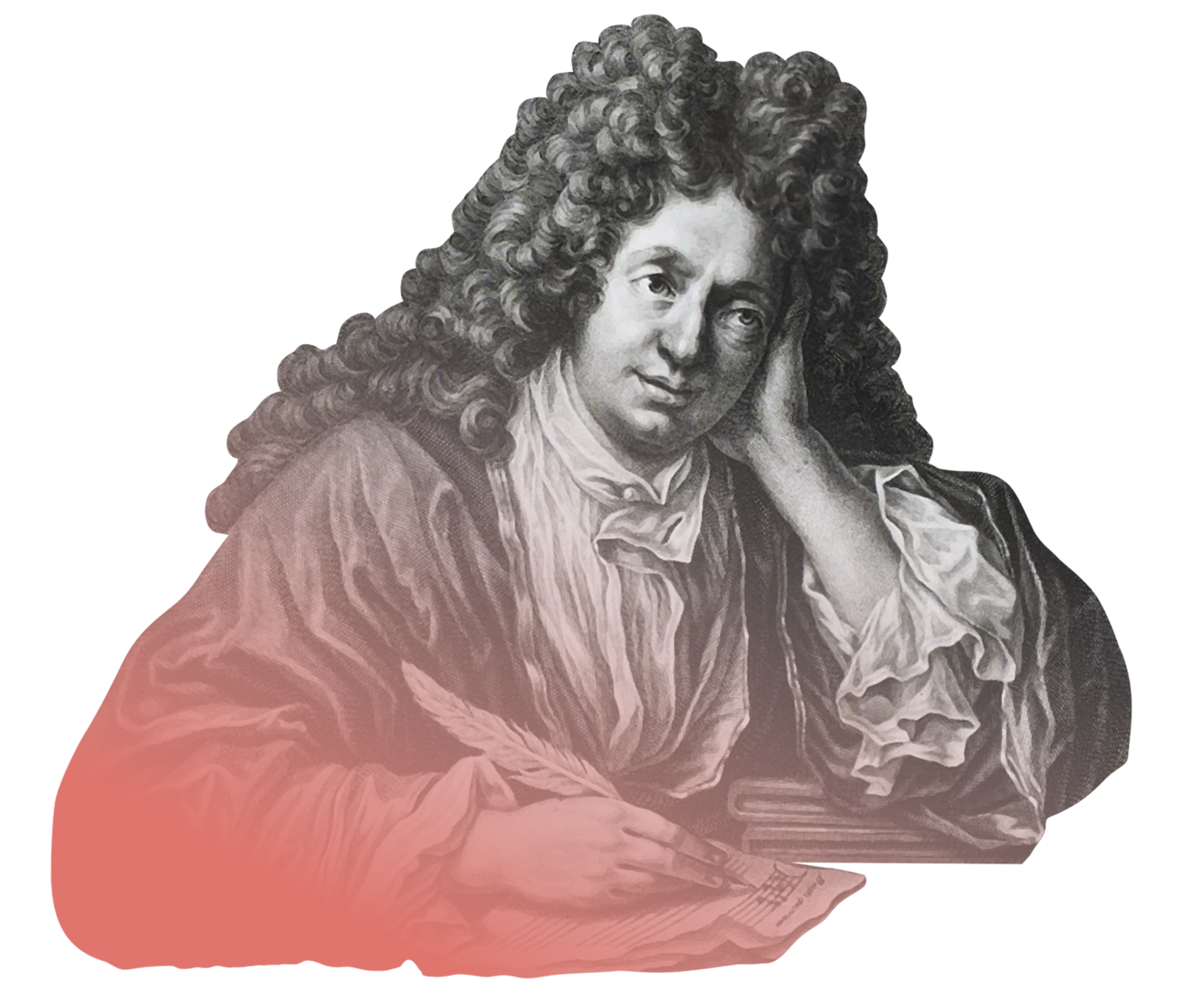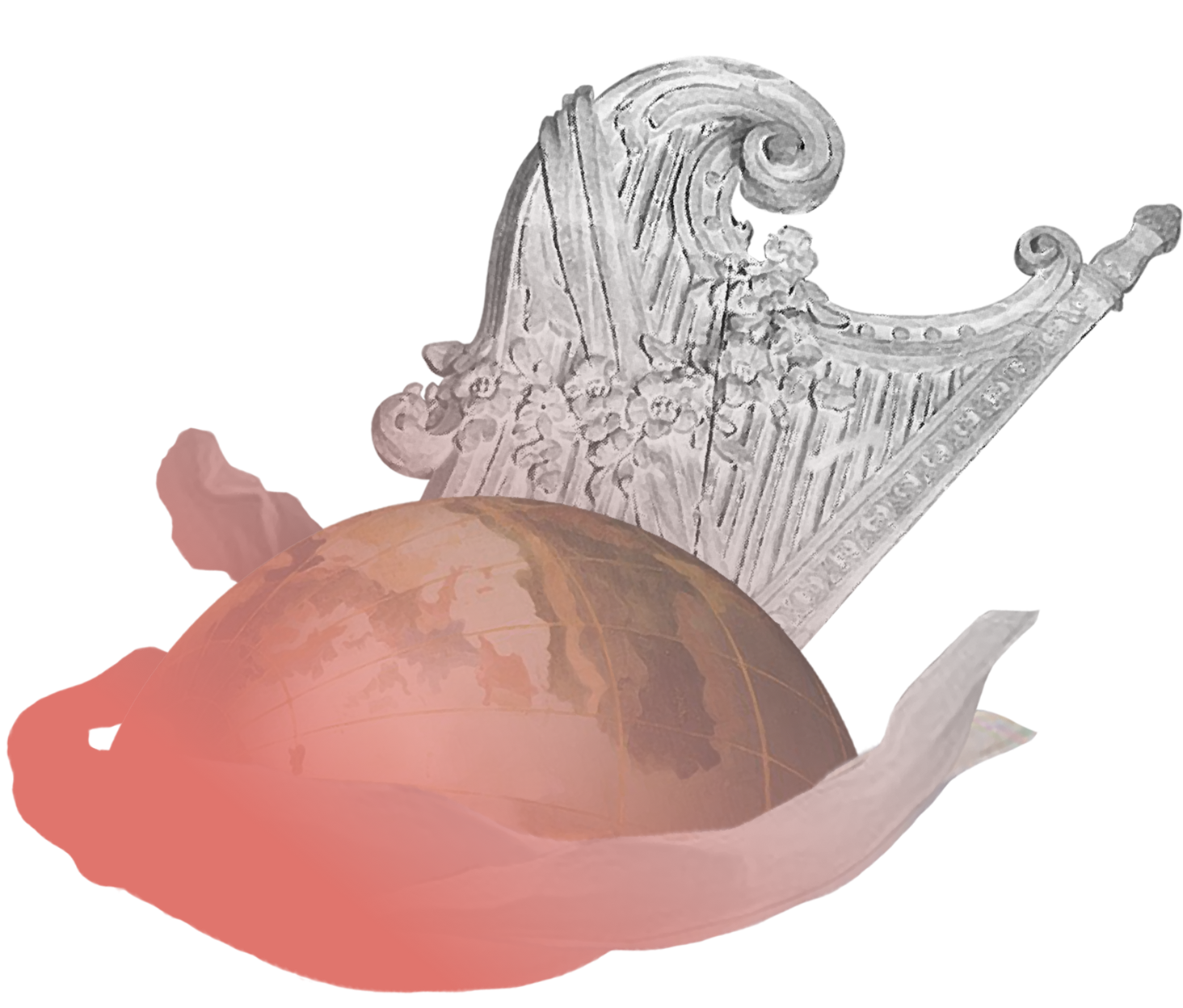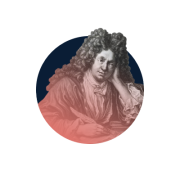-
Part One
-
Part Two
-
Part Three
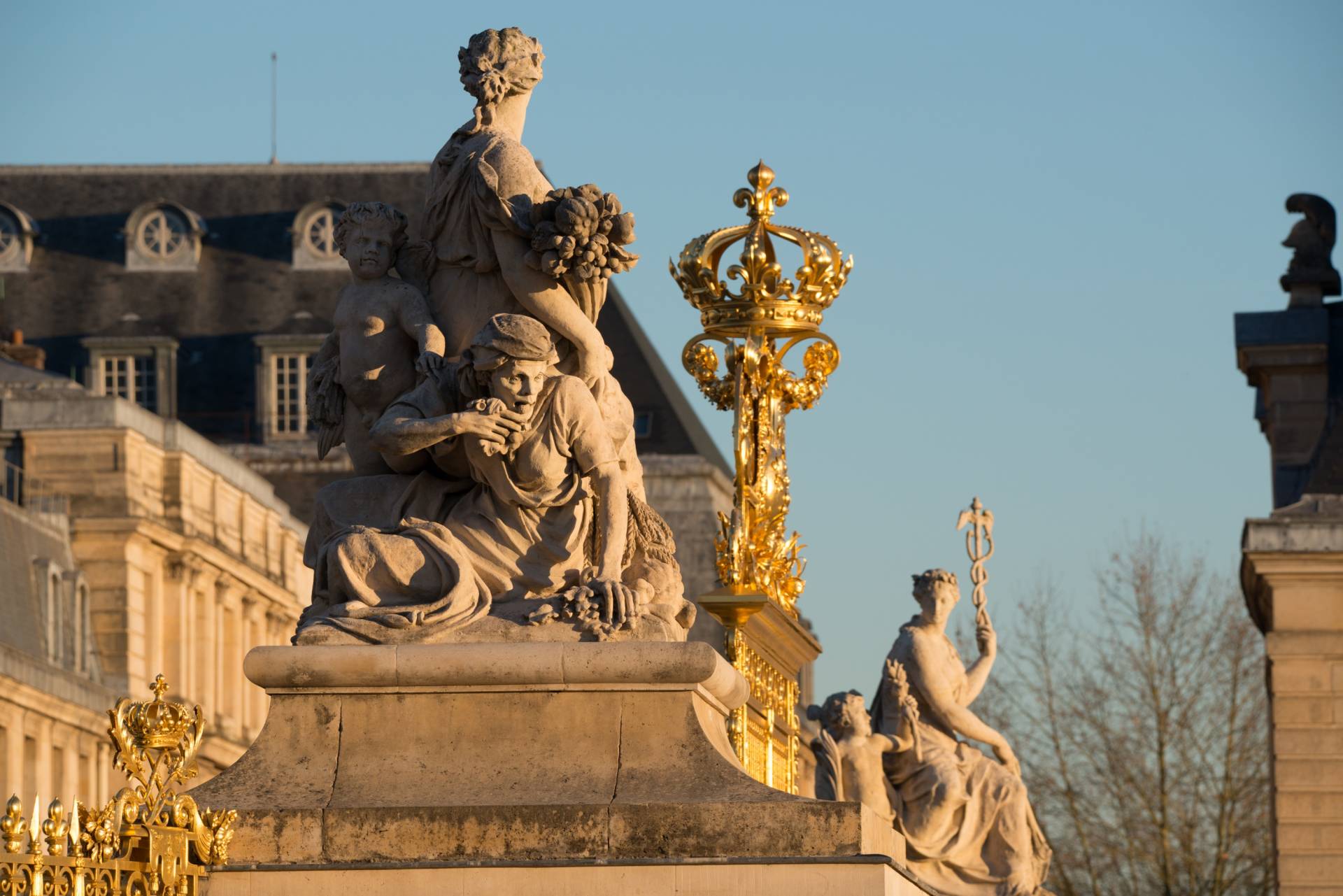
Part One
Invention of a grandiose musical genre
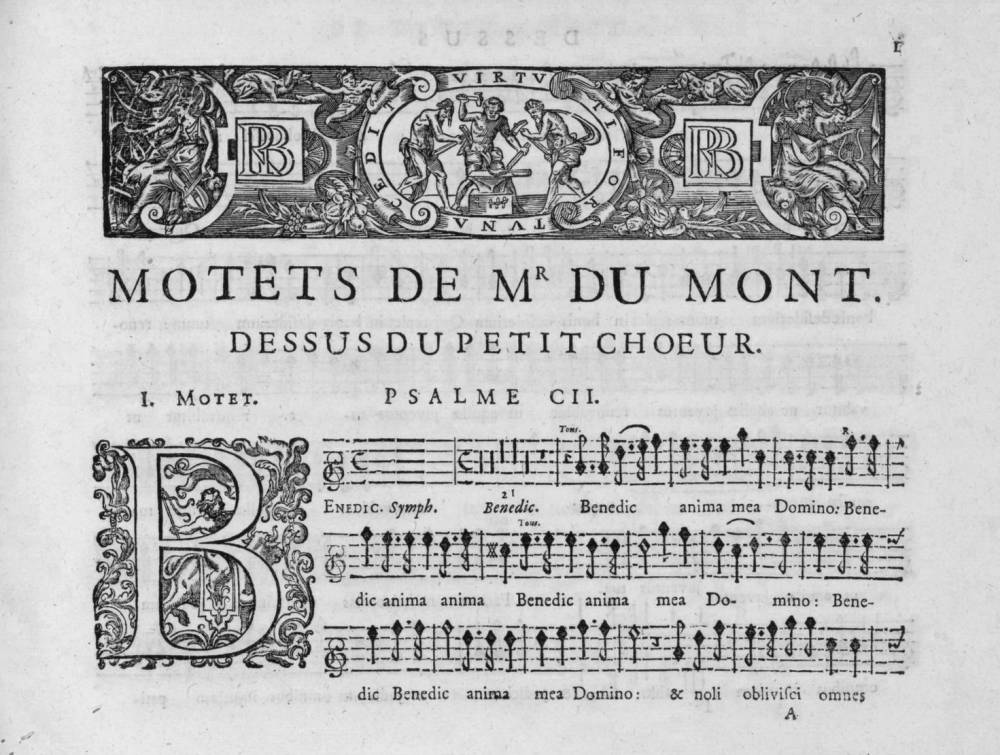
What is a motet exactly?
It is a piece of religious music lasting between 15 and 30 minutes written for vocal soloists, a choir and small orchestra (called a symphonie). It is usually based on a psalm or hymn like the Magnificat or Te Deum.
The creators of the grand motet
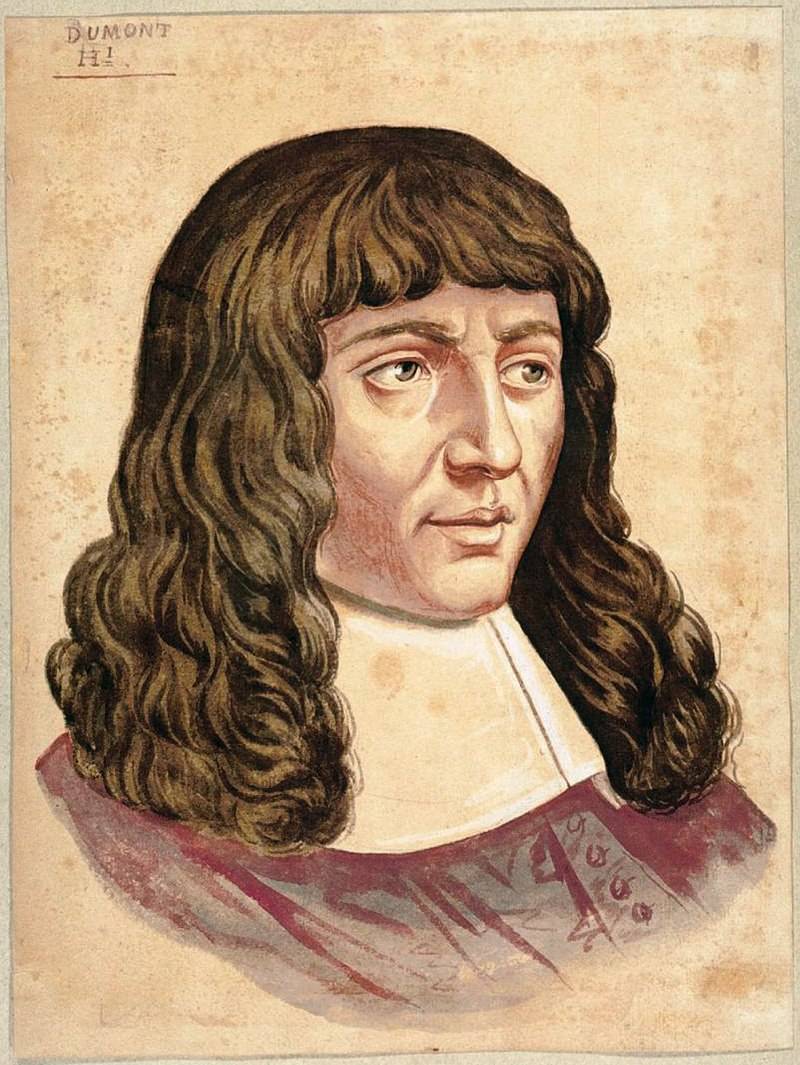
Henry du Mont
Born near Liege in 1610, Henry du Mont was trained at Maastricht Basilica choir school. After several years teaching composition he became Queen Marie-Thérèse’s organist in 1660, the year of the royal wedding. Three years later he held one of the four music master posts at the Royal Chapel. With his colleague Pierre Robert he directed the court’s religious music till 1683. He died the following year.
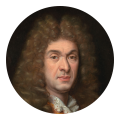
“I like this gentleman Monsieur Du Mont – he is without affectation.”
The Superintendent clearly appreciated his colleague’s music and personality
Pierre Robert
Pierre Robert’s date of birth remains uncertain (circa 1618, probably 1622). He studied at the Notre-Dame choir school in Paris and became the cathedral’s master of music in 1653. Ten years later Louis XIV appointed him and Henry Du Mont as music masters for the Royal Chapel. He died in 1699.
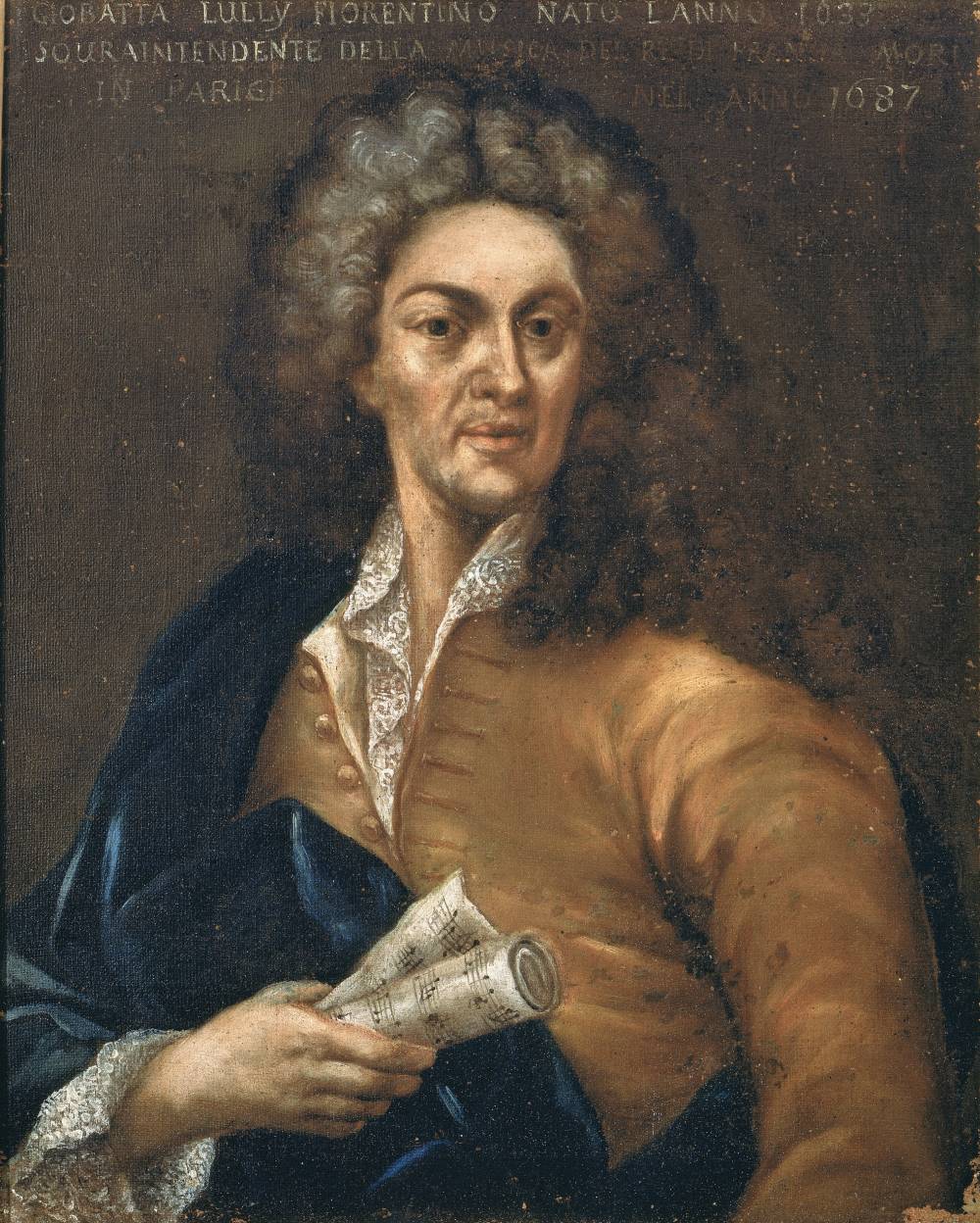
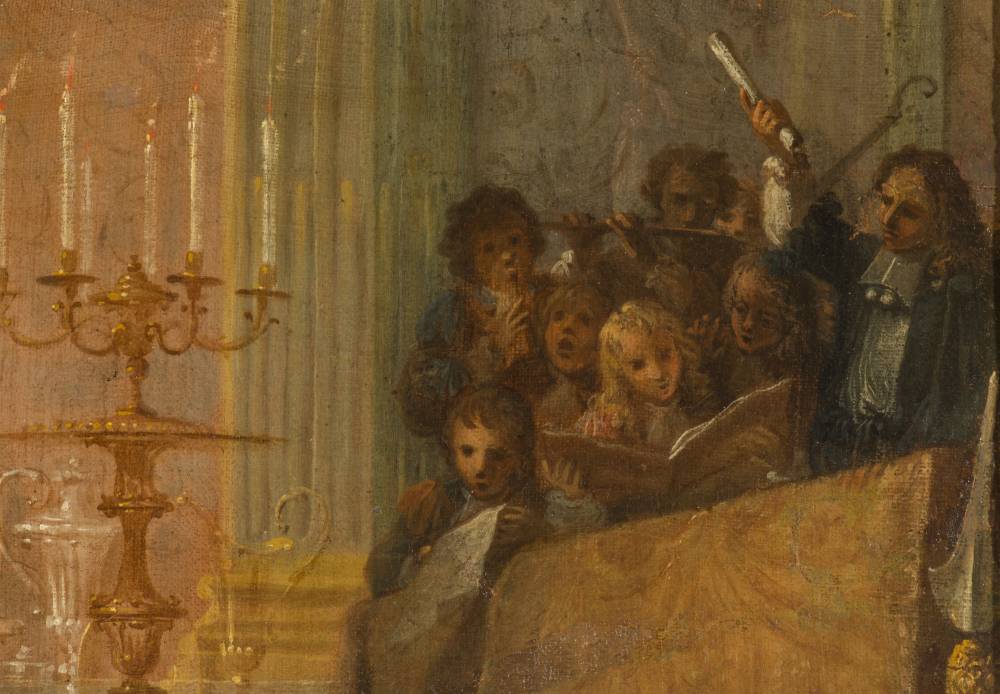
Pierre Robert directing the Pages choir
the only officially recognised portrait of the musician
Lully style motets as source of inspiration
The grand motet owes much to the foremost musician during the reign of Louis XIV, namely Jean-Baptiste Lully. Although he was never music master for the Royal Chapel he left twelve grands motets written for grand occasions (weddings, baptisms, military victories, etc.) whose magnificence and sense of grandeur made a profound impression on both King and court.
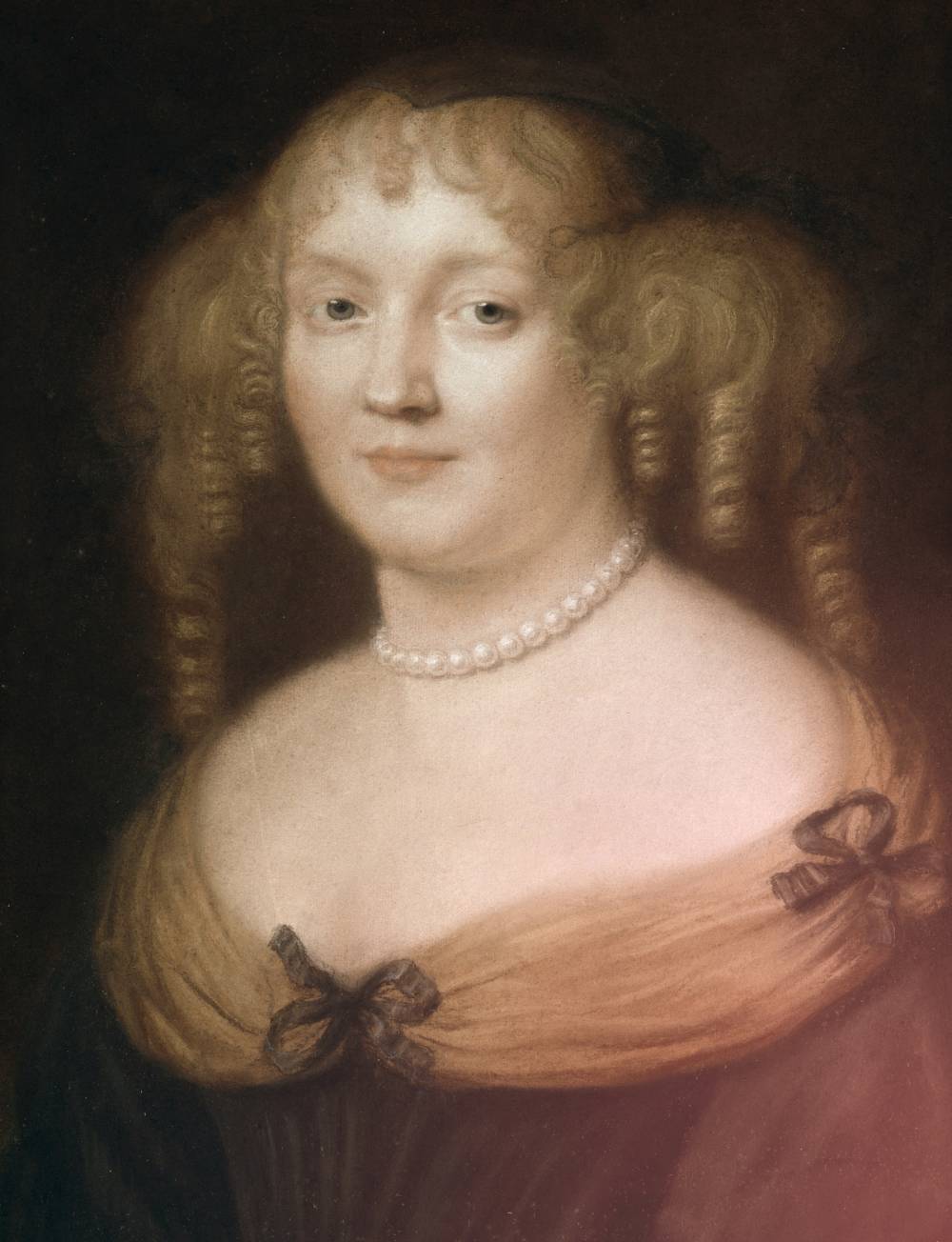
Françoise de Rabutin-Chantal, Marquise de Sévigné
1626-1696
”Everyone’s eyes brimmed with tears. I cannot believe that there is any other music in Heaven.”
on hearing Lully’s Miserere at court in 1664
Find out more
Composing music for a children’s choir and baroque instruments is not a forgotten art, as proven by composer Philippe Hersant who wrote his mysterious "Cantique des trois enfants dans la fournaise" in 2015.
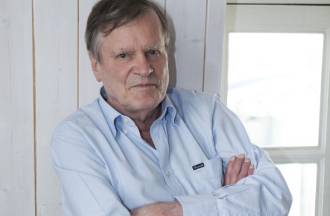
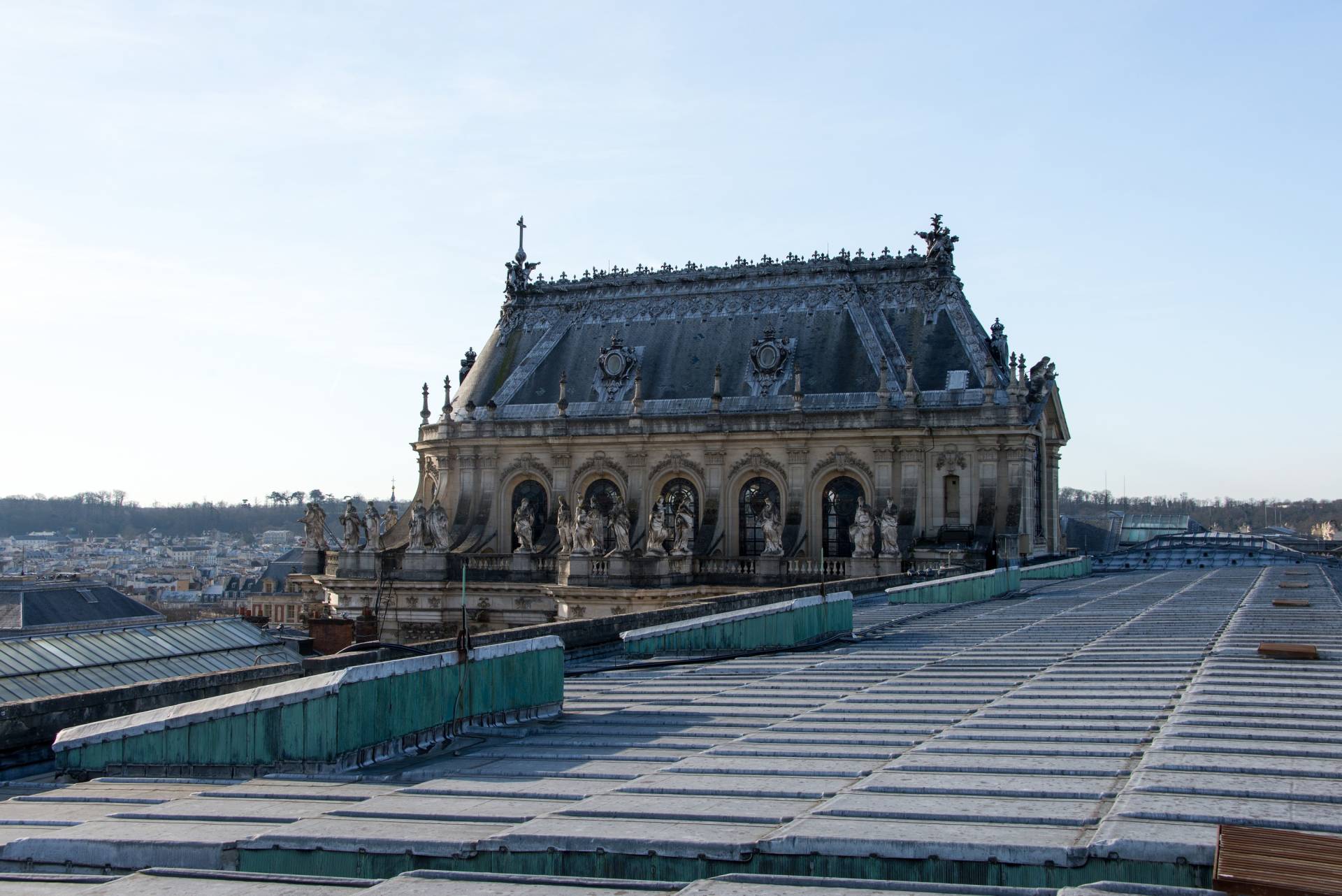
Part Two
Recipe to glorify the King
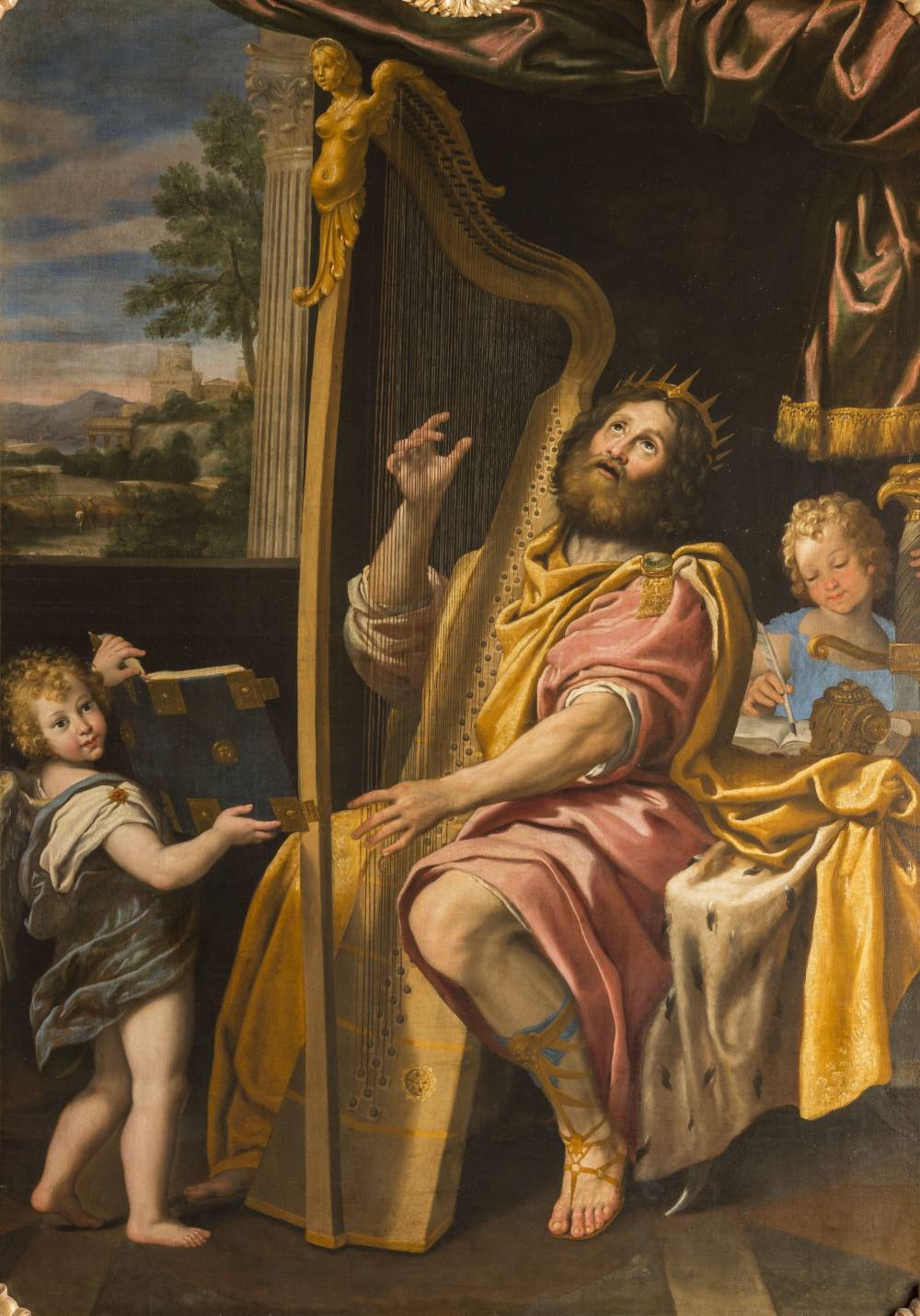
The new David
The grand motet was seen as an instrument of power, the musical symbol of a very devout King. In the rooms at Versailles, paintings and sculptures likened Louis XIV to Apollo, God of the Sun, or even Jupiter, King of the Gods. In the Royal Chapel he is equated with the biblical King David – the great warrior devoted to music.
The four ingredients of the grand motet
-
The text
Composers usually based their motets on psalms in Latin or old testament texts written by King David, but they could also be written for special occasions or be collages of existing texts, notably poems in Latin.
-
The soloists
The solo voices sang ‘narratives’ filled with allegory and rhetorical effect designed to glorify the King and his family. They were performed by the choirboy Pages but also by castratos if requested by Louis XIV, and even (occasionally), by female singers.
-
The choir
The large choir comprised five voices, a distinctively Versailles specialty. For added impact, Louis XIV did not hesitate to invest in dozens of extra singers, on top of the 16 adults and 6-8 children in the choir.
-
The ‘symphonie’
This what we call the orchestra today. It comprised ten violins of different sizes, which were much more varied than the violins and violas we know today. The instruments included the dessus de violon, haut contre, quinte and bass violin, plus the theorbo and wind instruments (flutes, bassoons and oboes).
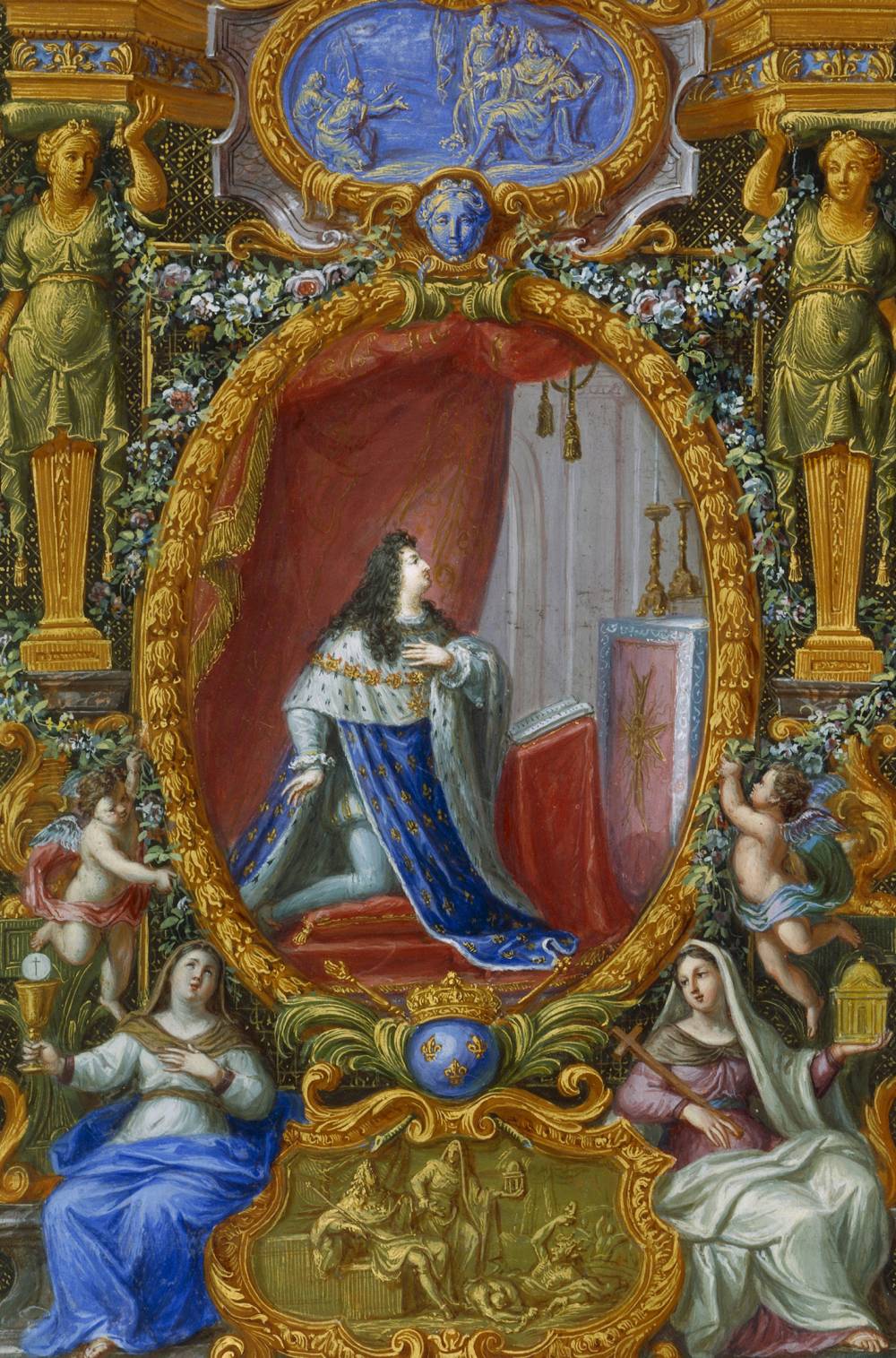
Louis XIV praying
“Louis XIV so loved church ceremonies that he was delighted to see them regularly performed in his chapel at all the year’s major liturgical events.”
Find out more
The ‘very pious’ King of France had a special relationship with God. For Louis XIV religion was a political instrument. Interview with Alexandre Maral, head curator at the Palace of Versailles.
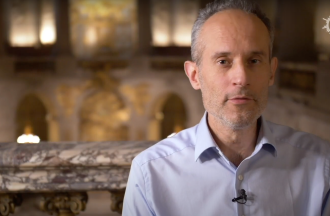
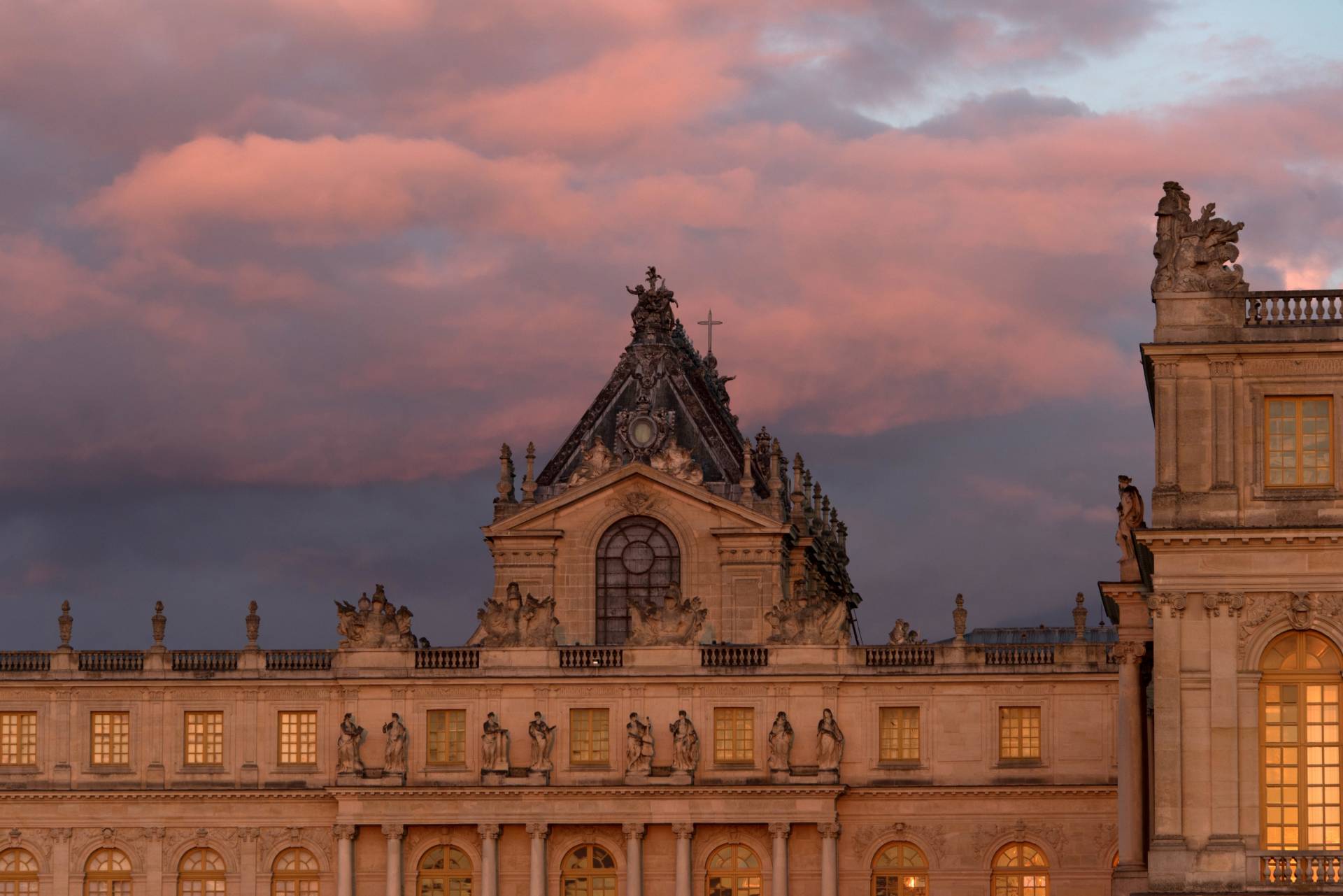
Part Three
The five-voice choir
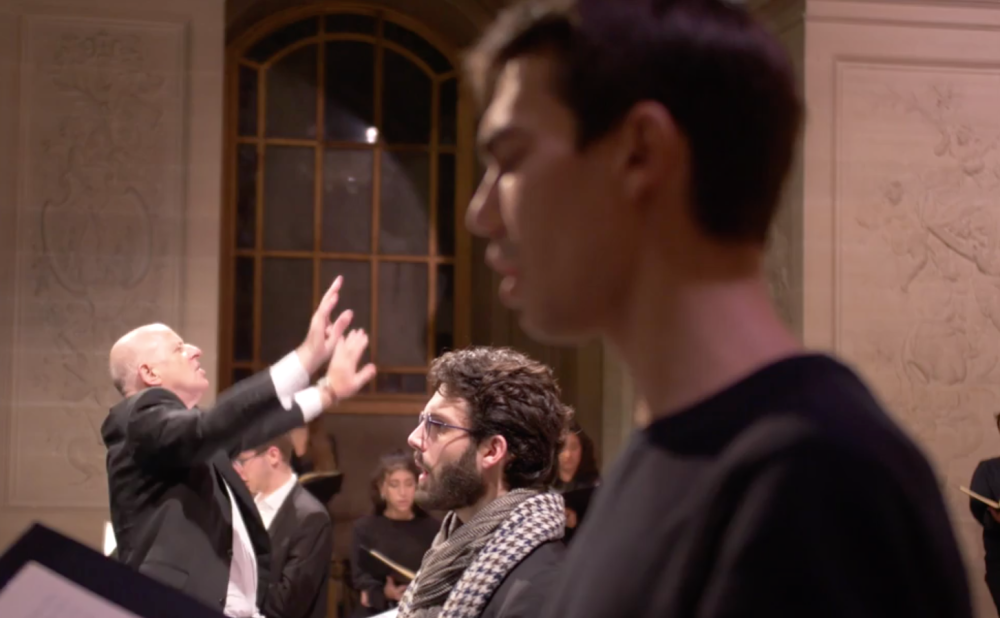
Olivier Schneebeli
A King-sized choir
The five-voice choir was typically French and made for the King’s grands motets. It was admired by visitors and officials from abroad when they visited Versailles. Presentations with choirmaster Olivier Schneebeli, music director of the CMBV choir Les Pages & Les Chantres.
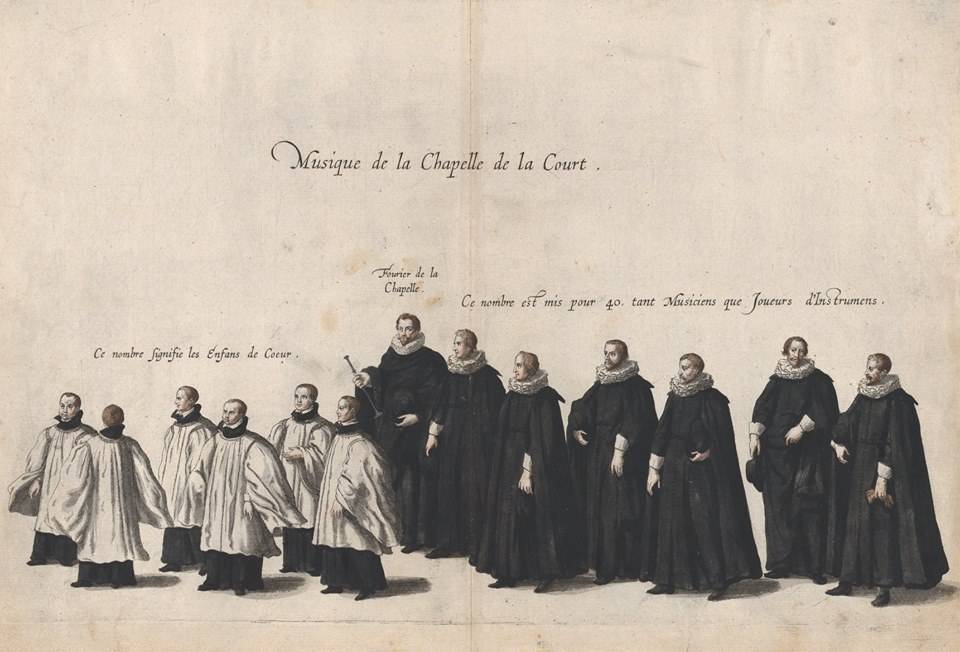
The Chorists
"Pages" (choirboys), followed by "Chantres" (adult male singers)
The distinctive qualities of this typically French choir lie in the variety and richness of the voices, notably in the upper parts.
Find out more
The Royal Chapel choir included castrati. Louis XIV prohibited the operation in France, considering it barbaric, although he readily had castrati recruited from Italy for his music and, notably, for the Royal Chapel. These male voices were greatly sought after and extremely popular at court across Europe.
